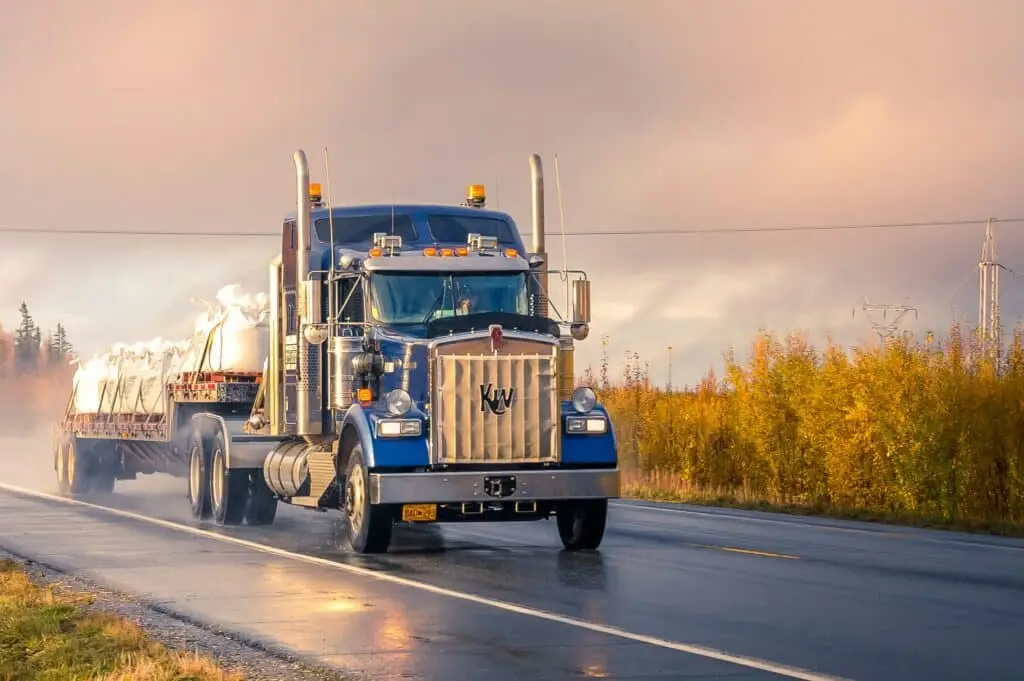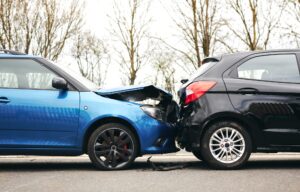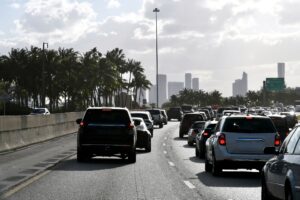Table of Contents
ToggleTypes of Commercial Driver’s Licenses in California

As of 2020, there were almost 230 million licensed drivers in the United States. That number represents the majority of adults in the country. However, just because you possess a driver’s license doesn’t mean you have the right to drive any type of vehicle.
Every driver’s license grants the holder the right to drive a specific class of vehicle. The standard license is known as a Class C license. This type of license lets you drive traditional passenger vehicles but doesn’t include driving any commercial vehicles.
Commercial Vehicles
The difference between a commercial vehicle and a passenger vehicle is simple: A commercial vehicle is any vehicle that weighs more than 13 tons. These vehicles are further broken down into classes based on shape, size, and number of axles.
Commercial Class A
Class A represents the largest commercial vehicles.
Common examples include:
- Semi-trucks
- Tanker trucks
- Flatbed trucks
- Livestock carriers
- Any vehicle with multiple trailers
Drivers with a Class A commercial driver’s license (CDL) also have the right to drive most Class B and C commercial vehicles.
Commercial Class B
Class B vehicles are smaller than Class A vehicles or have fewer axles.
A few examples of these vehicles are:
- Passenger buses
- Dump trucks
- Box trucks
Most of these vehicles are rigid and don’t have a towed section.
Commercial Class C
The final class of commercial vehicles represents the smallest vehicles. Many of these vehicles are only slightly larger than passenger vehicles. For example, vans that hold 16 or more passengers are considered commercial vehicles.
Getting a CDL in California
The California DMV has strict rules for acquiring a CDL.
As of February 7, 2022, before you can apply for a Class A or Class B CDL in California, you need to complete Entry Level Driver Training (ELDT). This training must be conducted by a registered provider with the Training Provider Registry (TPR) and does not need to happen in the state of California.
Previously, the California DMV required drivers to get a Commercial Learner’s Permit (CLP) before applying for one of these CDLs. Anyone who receives a CLP before the change in regulations may still use that to apply instead of completing ELDT. Additionally, a CLP is still required before applying for a Class C CDL.
The reason for the change is that ELDT is a federal program that ensures that all commercial drivers have the same level of basic training. Because it is a federal program, successful completion of ELDT transfers from state to state.
In addition to ELDT, California also requires every applicant for a CDL to complete at least 15 hours of behind-the-wheel training. Since this requirement is specific to California, drivers must do this training in the state with a certified trainer.
CDL Endorsements
Along with the multiple classes of licenses that exist, there are also endorsements. Endorsements allow you to drive specific types of commercial vehicles.
The three endorsements in California are:
- School Bus (S): Lets you operate a school bus
- Passenger (P): Lets you operate a commercial vehicle with passengers
- Tanker (N): Lets you drive a vehicle with individual tanks holding over 119 gallons of liquid or gas
These endorsements are typically only applicable to the smallest vehicles but allow you to get a limited CDL without having to meet additional requirements.
The Importance of a Commercial Driver’s License
Trucks are some of the most dangerous vehicles on the road. By requiring drivers to get a CDL, California decreases the number of truck accidents that happen every year.
Contact Our Truck Accident Law Firm in Los Angeles, CA
If you were injured in an accident in Los Angeles, CA or you lost a loved one and you need legal assistance, please contact us to schedule a free consultation. One of our Los Angeles truck accident lawyers at M&Y Personal Injury Lawyers will get in touch with you soon.
M&Y Personal Injury Lawyers – Los Angeles Office
4929 Wilshire Blvd Suite 960,
Los Angeles, CA 90010
866-864-5477




